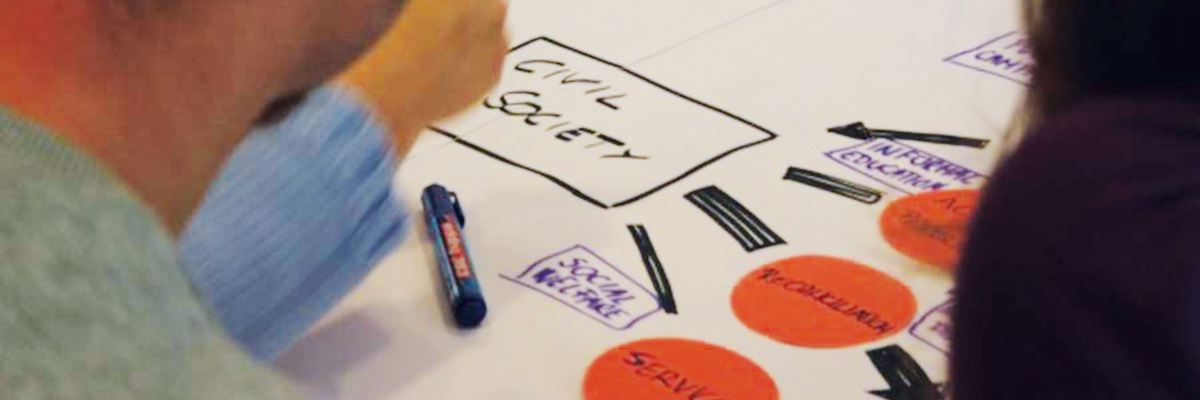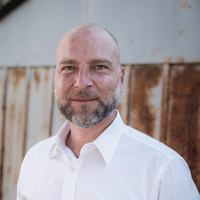The main topics of the training-seminar as well as of simulation game were dedicated to integration/minority issues. Simulation game approached these issues on two levels: on a very local level as well as on an institutional level. It helped participants to understand where and how problems are arising, how they are linked and how solutions are developed on different levels. Due to the training participants learnt about the method of simulation games and other special tools used during the seminar, so they were enabled to use them later in their work.
Target Group
The target group of TC was youth organizations from program countries of Erasmus+ and from EECA. Participants were professional youth workers or volunteers.
Project Goals
The seminar helped participants to raise awareness about existing realities and challenges to equal and peaceful coexistence in our target regions. Young multipliers improved their competences in conflict management, integration, tolerance, which is certain significance for EECA countries looking at the latest history and the present political and social developments of this region. Participants enhanced their personal toolkit by learning about simulation game methodology, and how to facilitate simulations in general. They had a chance to get into the roles of decision makers and simulate the fictional realities, which was a space for thinking about their own choices and solutions, which they implement and see the consequences. Such kind of approach leads participants to the self-learning direction, they learnt about problem solution oriented work, cooperation in communities, compromises, tolerance.






